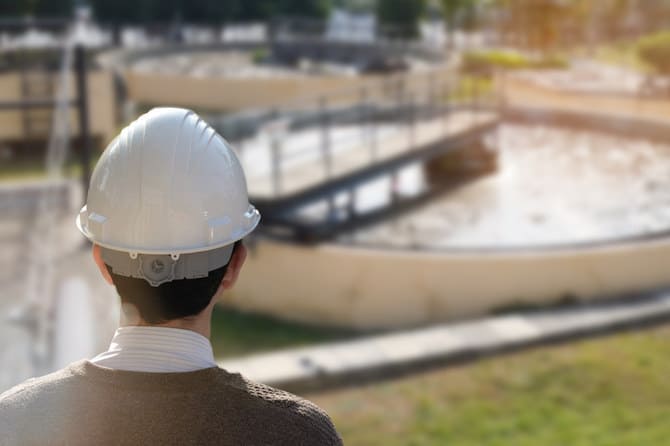RIYADH: Three new sewage plants will be built in Saudi Arabia at the cost of $630 million in partnership with private developers.
Expected to be completed by the end of 2024 in Madinah, Qassim and Tabuk, the plants are being built under the Privatization Program, one of the programs of Vision 2030, said Abdulrahman Bin Abdulmohsen Al-Fadhli, the minister of environment, water and agriculture.
Saudi Arabian Amiantit Co. and Saudi Industrial Services Co. (SISCO) announced that the best-bidder consortium signed a contract on Sept. 26 with Saudi Water Partnership Co. (SWPC) to build the plants.
Saudi firm the International Water Distribution Company, which is 50 percent owned by Amiantit, will have 35 percent of shares in the projects, as will Spain’s Acciona Company.
Another Saudi company, Tamasuk, will have the remaining 30 percent, Saudi Amiantit and SISCO said.
Solar energy units will also be installed to reduce electricity consumption from the grid.
SPA reported that Buraidah and Tabuk plants will be established in the Qassim and Tabuk regions, with a processing capacity of 150,000 cubic meters per day for the Buraidah-2 project and 90,000 cubic meters per day for the Tabuk-2 project.
The Madina project has a treatment capacity of 200,000 cubic meters per day, expandable to 375,000 cubic meters per day.
Saudi to build three sewage plants costing $630m
1 min read

- The plants are expected to be ready by the end of 2024.
- Madinah, Qassim and Tabuk each will have a plant with daily processing capacity ranging between 90,000-375,000 cum.
SPEEDREAD
Today's Headlines
The most important news stories of the day, curated by Post editors and delivered every morning.
By signing up you agree to our Terms of Use and Privacy Policy.
Most Read
Special economic zones are a new craze in Middle East
Saudi Film “Norah”, backed by Red Sea Fund, secures official selection at Cannes
Thousands gather in Iran in show of support for attack on Israel
Meet Middle East tourism’s power players
Business and leisure combo drives GCC tourism boom
From sand dunes to boardrooms: Strategies for success in challenging times
Kremlin, the world, urge restraint following Iranian strikes on Israel
